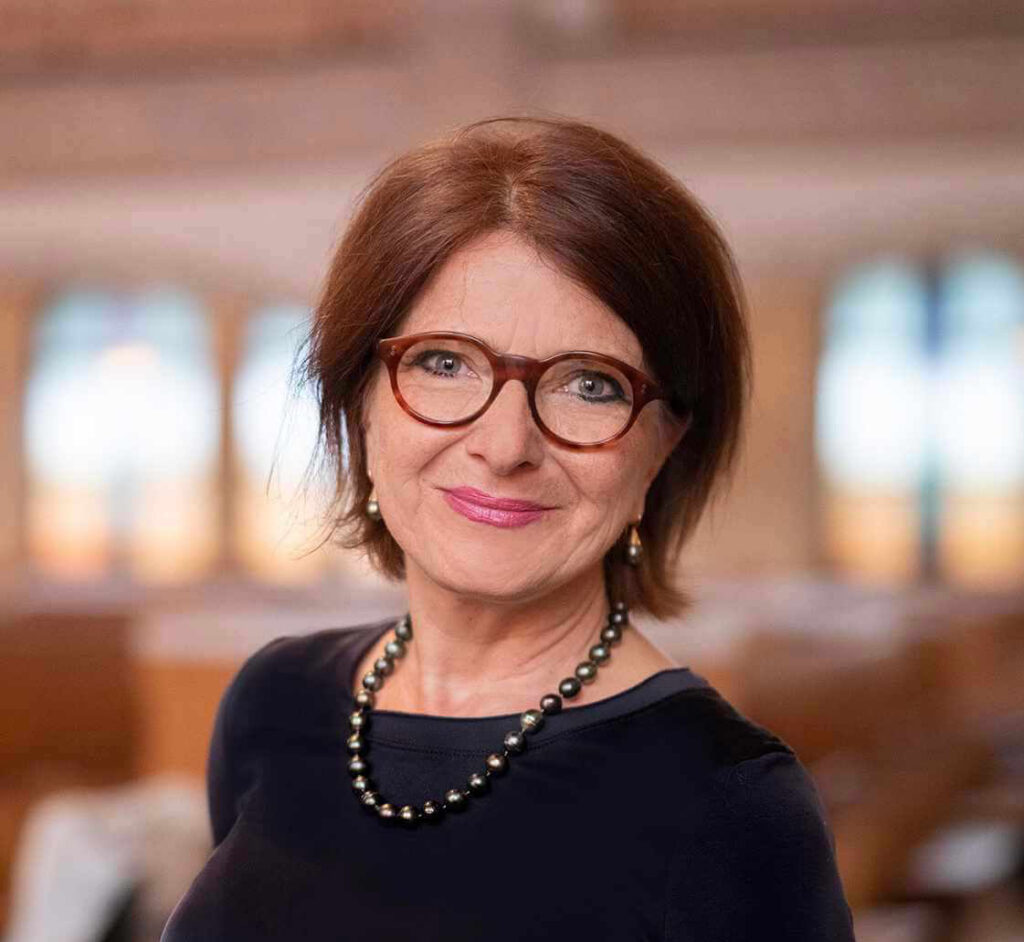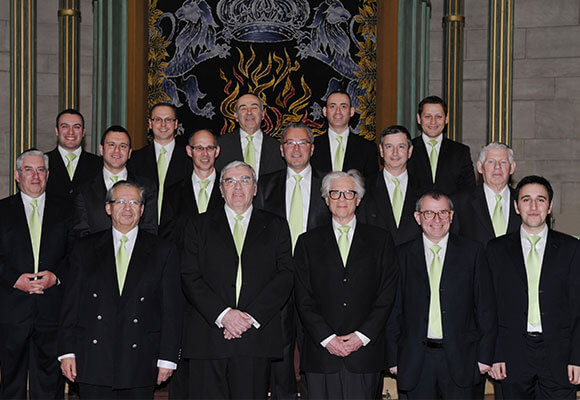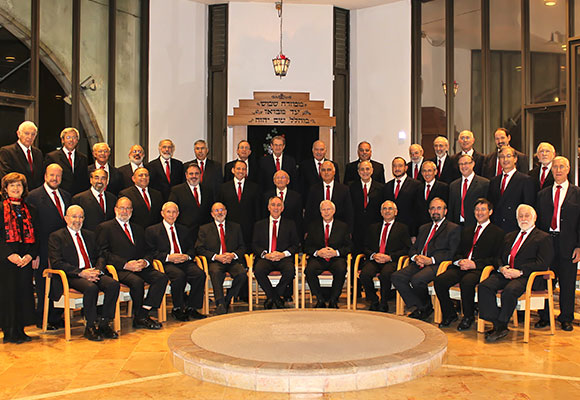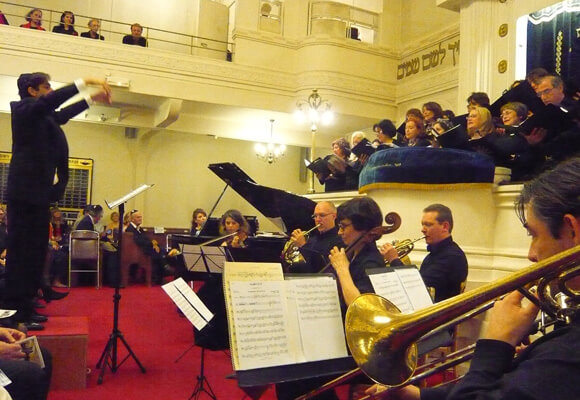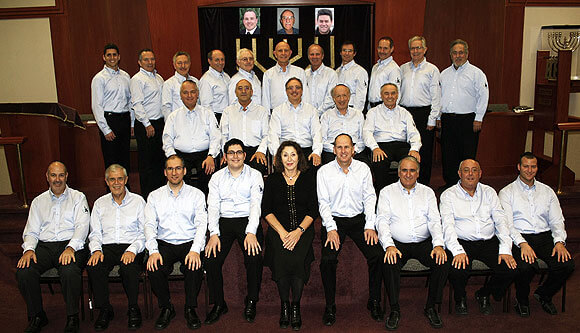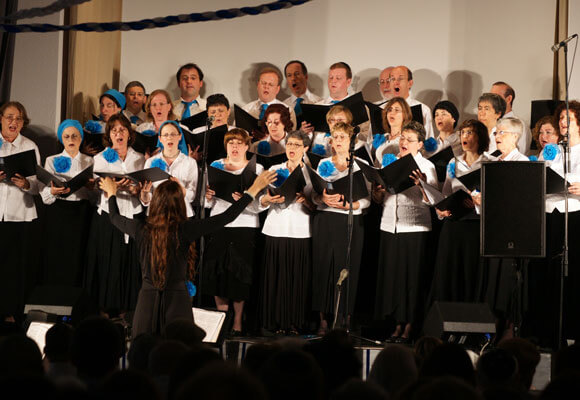The magical triumvirate
Salomon Sulzer | Vienna
Composers
Louis Lewandowski | Berlin
Samuel Naumburg | Paris
Louis Lewandowski Festival 2012
Introduction
Synagogue music experienced a heyday in the 19th century, particularly through the work of outstanding composers such as Salomon Sulzer, Louis Lewandowski and Samuel Naumburg.
These three musicians had a profound influence on Jewish liturgy and left behind a musical legacy that is still of great importance today.
Salomon Sulzer: The pioneer from Vienna
Salomon Sulzer (1804-1890) is considered one of the most important composers of synagogue music.
As cantor of the Vienna synagogue, he modernized the Jewish liturgy and introduced the style of classical music into the service.
His main work, “Shir Zion”, a collection of liturgical chants, became the basis for many subsequent generations.
Sulzer’s compositions combined traditional Jewish melodies with the harmony of Western art music, leading synagogal music into a new era.
Louis Lewandowski: The master from Berlin
Louis Lewandowski (1821-1894) was a central figure in Jewish music in Berlin.
He composed numerous works for synagogue use, including the famous “Kol Rinnah u-Tefillah”.
Lewandowski revolutionized synagogal music by integrating choral and organ music, which brought a new dimension of sound to the Jewish service.
His works were not only adopted in Berlin, but worldwide and are still an integral part of many Jewish communities today.
Samuel Naumburg: The keeper of tradition in Paris
Samuel Naumburg (1815-1880) was a cantor and composer in Paris and played a decisive role in the preservation and further development of traditional Jewish music.
Naumburg was particularly concerned with preserving the authenticity of the old Jewish melodies, while at the same time meeting the musical demands of the time.
His collections, such as “Zemirot Yisrael”, set standards for liturgical music and influenced synagogue music in France and beyond.
The magical triumvirate
The composers Salomon Sulzer, Louis Lewandowski and Samuel Naumburg made invaluable contributions to synagogal music.
Through their works, they created a link between traditional Jewish liturgy and the musical trends of their time.
Their influence extends to the present day, and their music remains an integral part of Jewish religious services worldwide.

